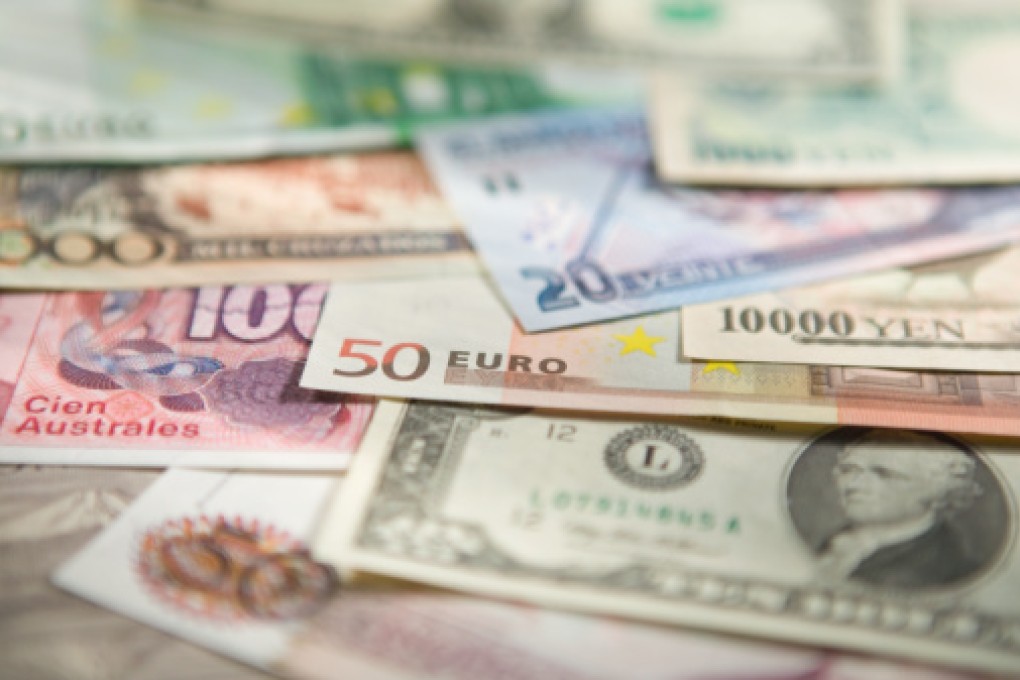Wealth Blog | How to avoid international bank transfer charges

Having decided that everyone has too many material things, this year I decided to send cash to my family for Christmas. That way they could choose their own presents and not end up with yet more clutter in their houses. I’m not a fan on traditional online banking for numerous reasons, so I went to the branch to transfer modest amounts of cash in euros and pounds sterling. I did not expect a huge amount of it to be gobbled up by several hundred dollars of bank charges at both ends. Staff at the World’s Local Bank were apologetic, but insisted these were the TT charges and the only way to reduce them was to send the money the following day, saving fifty bucks or so.
There’s another way
I remembered property investment expert and author Chris Dillon telling me he had found a way to transfer foreign currency overseas without getting fleeced by bank charges. I checked with him today, he said he had no reason to think SHK Forex had changed since he was impressed with their service a few months ago.
Among the FAQs is the critical query about how SHK Global Payments makes its money if they charge no fees, no commissions and give better than usual exchange rates? SHKGP receives wholesale FX rates and applies a small margin to each of the rates, was the answer.
Of course bank charges are levied at both ends, so will the receiving bank impose higher administrative charges on the payee, since SHK Forex receives no commission or fees on SHKGP trades? The answer was no. SHK Forex bears all correspondent bank fees. So whether you’re an exporter or importer, expat sending money home, or often needing to switch currencies, this service seems worth a try. They stress they are not a bank. They are a web-based transaction platform. No software or dedicated workstation is needed, and their set-up supports all major web browsers and is, they say, compatible with Mac, iPhone and iPad.
